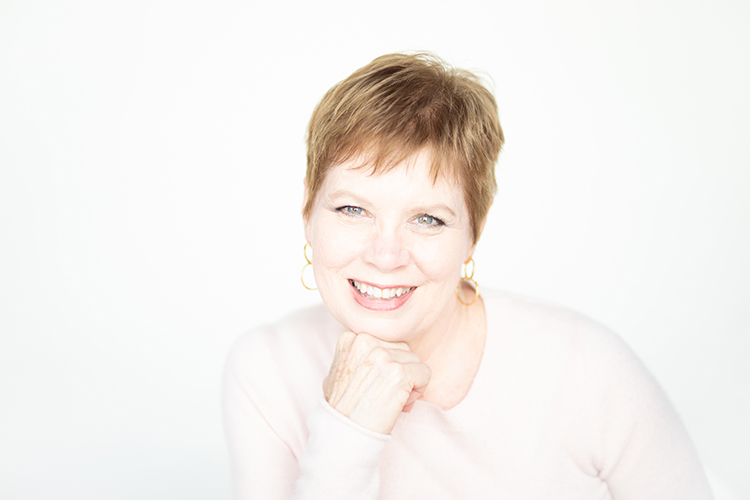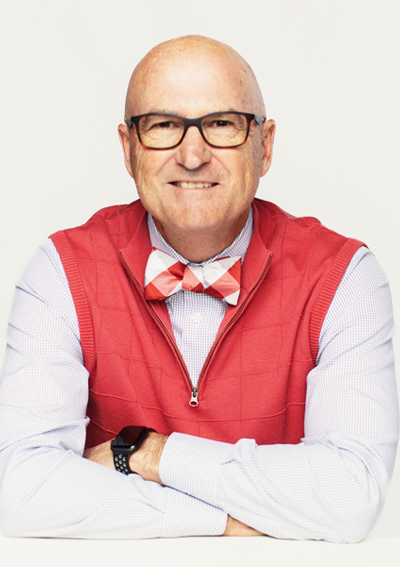By Rev. Joe Walker, Minister of Congregational Care
I re-learned an important lesson over the summer. As is almost always the case, I learned it more by happy accident than by design. The lesson, simply stated, is that we humans are naturally curious creatures.
Recently I have had a lot of conversations here and elsewhere about burial options that are more respectful of the earth which God has entrusted to our care. It is an important cultural and environmental conversation. Now you might think people would avoid talking about burial because you have to talk about death. In fact, just the opposite has been my experience; the intense interest pleasantly surprised me.
People have asked really insightful and essential questions, especially around the emerging technology of water cremation (alkaline hydrolysis). The most common one is, “So, where does ‘the body’ go?” Answer: in a warm water solution it gently breaks down into the basic components from which it was constructed, “sugars, salts, small peptides, amino acids, soap, and minerals.”
Just think about that one answer for a moment and your mind is filled with new questions that burst forth like fireworks in the night sky. There are spiritual questions about how God made us. And what happens when we die (Gen. 3:19). And about the resurrection of the body. There are equally wonderful avenues of inquiry in the sciences — biology, anthropology, ecology, and cosmology — just for starters.
One question leads to another. Our God-given desire to pursue existential questions is exhilarating and dynamic because these are questions about who we are. They matter. Our culture would distract us with trivia but, to borrow an image from Isaiah, why would you spend your time “on that which does not satisfy” (55:2)? Once unleashed, our natural curiosity draws us into ever-more meaningful reflection, penetrating cultural inhibitions and pushing aside personal fears. “Could it be freeing rather than disempowering,” writes Sunita Puri, MD, “to understand that the body — born of nature and subject to its laws — has its limits? That no matter how strong our determination to live, our bodies will eventually die?”
This academic year our Stephen Ministry is going to help raise essential questions. First, we are hosting “Stubborn is not a Plan,” by Helen Emmott, nurse, author, and aging specialist. She teaches family strategies to develop caregiving, health, financial, and residence plans in anticipation of aging and serious illness. That class is Mon., Oct. 21, 7:00-8:00 p.m. in the social hall. It is free and everyone is welcome. Come, bring the person responsible for your care, invite a neighbor, and offer a ride to someone who otherwise could not attend.
Later in the year we will offer an introduction to Transportable Physician Orders for Patient Preferences (TPOPP). These documents help patients communicate with the medical community. This is very important work being done right here in Kansas City at the Center for Practical Bioethics.
P.S. I have an article on green burial options coming out in the fall issue of the Funeral Consumers Alliance newsletter which will be on-line at http://funeralskc.org/




